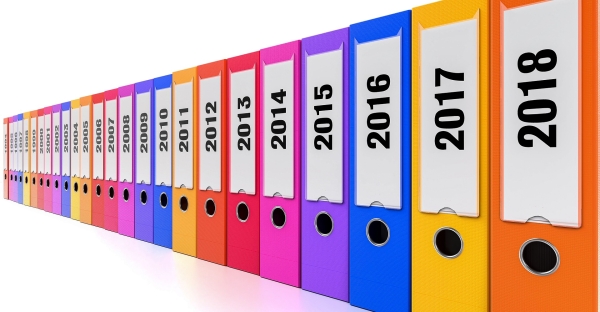MONDAY, 12 MARCH 2018

It’s already March, and I’m only on page 14 of this year’s notebook.
I’m not so sure anymore that I have anything left to say. There was a time when I could argue with great confidence. I’m not sure if I can do that now.
Surely it’s got something to do with the fact that I’m in my late forties.
Then I wondered about previous decades. Given that 1998 – my late twenties – was a year of major upheaval in my life, one might have expected to see more writing from that time. I didn’t write much. The year when I turned 37 – 2008, produced a few pieces, but nothing compared to, for example, 2001 or 2003 and 2004. Will 2018 continue this pattern?
I also thought earlier today that this story of being uncertain about the value of what I write is nonsense. “Be prepared to be wrong!” I reminded myself.
A few minutes later, however, I started doubting whether this was such a good approach.
MONDAY, 19 MARCH 2018
If the choice is between DELUSION and DYING LIKE A WORM, I choose DELUSION.
______________________